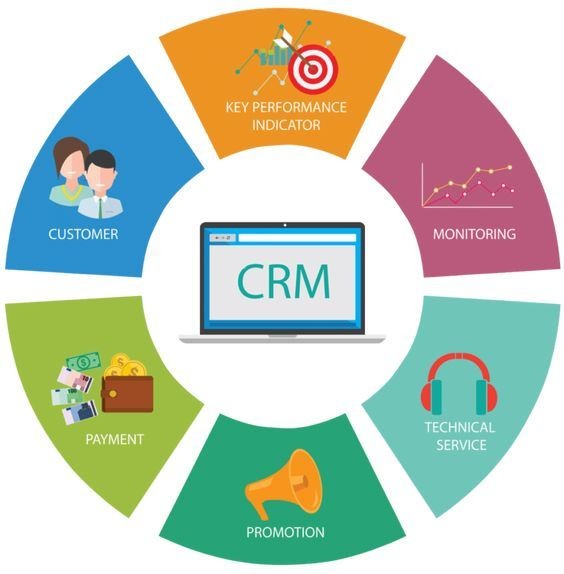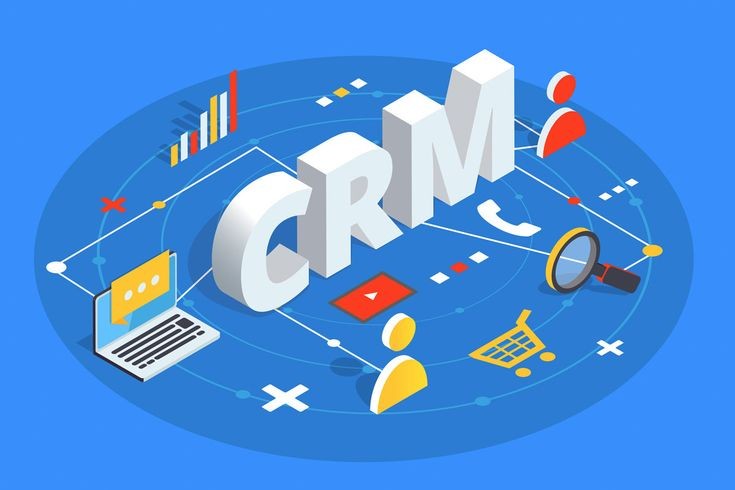Machine learning (ML) is revolutionizing the way businesses approach customer relationship management (CRM). By 2025, ML will play a pivotal role in refining CRM processes, enhancing customer experiences, and driving business growth. Here’s how ML is shaping the future of CRM and what you need to know to stay ahead.
1. Enhanced Data Analysis and Customer Insights
One of the most significant benefits of ML is its ability to process vast amounts of data and extract actionable insights. CRM systems embedded with ML can analyze customer behaviors, purchasing patterns, and interaction histories to predict future needs and preferences.
Impact: Businesses can deliver hyper-personalized experiences, making customers feel understood and valued. This leads to increased customer loyalty and retention.
2. Predictive Lead Scoring
ML algorithms excel at evaluating data points to score leads based on their potential to convert. By analyzing historical data and recognizing patterns, CRM systems equipped with ML can prioritize leads that are more likely to result in successful sales.
Impact: Sales teams can focus on high-quality leads, improving productivity and driving higher conversion rates.
3. Automated Customer Support
Machine learning enables CRM systems to automate customer service tasks such as responding to frequently asked questions or handling basic customer interactions. Chatbots powered by ML learn and improve over time, becoming more effective in understanding and solving customer queries.
Impact: This reduces the workload on customer service teams and ensures that customers receive timely responses, improving overall satisfaction.
4. Customer Churn Prediction
Retaining customers is often more cost-effective than acquiring new ones. Machine learning can analyze customer behavior and identify early signs of potential churn, such as reduced engagement or negative feedback.
Impact: Businesses can take proactive steps to address customer concerns, offer targeted promotions, or personalize follow-up communications to retain customers before they leave.
5. Sales Forecasting and Trend Analysis
Accurate forecasting is critical for strategic planning. ML-powered CRM systems can identify trends and predict future sales outcomes based on current data and external market conditions.
Impact: Businesses gain the ability to plan resources more effectively, make informed decisions, and align strategies with market trends.
Innovative ML Applications in CRM for 2025
- Natural Language Processing (NLP): ML-driven NLP tools will enable CRM platforms to process and understand unstructured data from emails, social media, and other channels, extracting relevant customer insights.
- Adaptive Learning Algorithms: These algorithms continuously improve and adapt based on new data, allowing CRM systems to become smarter and more efficient over time.
- Sentiment Analysis: CRM tools can leverage ML to assess customer sentiment, helping businesses gauge customer satisfaction and respond accordingly.
Challenges and Solutions
- Challenge: Integrating ML with existing CRM systems can be complex.
Solution: Partner with experts or invest in CRM platforms that offer built-in ML capabilities to simplify integration. - Challenge: Ensuring data privacy while utilizing customer data for ML-driven insights.
Solution: Implement strict data governance policies and use anonymized data where possible to maintain compliance.
Conclusion
Machine learning is set to redefine CRM by 2025, making it more data-driven, predictive, and customer-focused. By harnessing ML, businesses can enhance their CRM strategies to provide superior customer experiences, boost sales, and stay competitive in a fast-evolving market. Investing in machine learning technologies and understanding their application in CRM will be key to leveraging their full potential.




